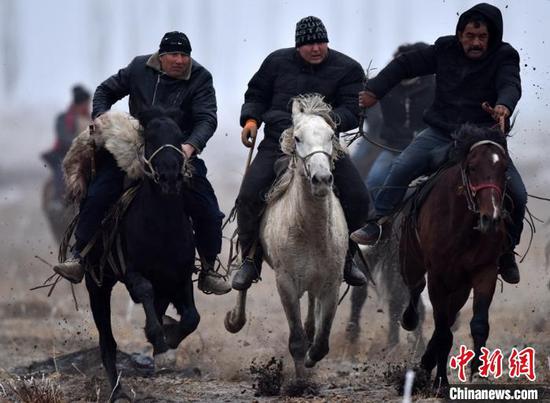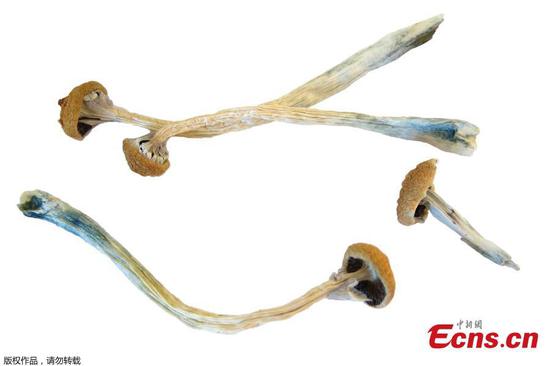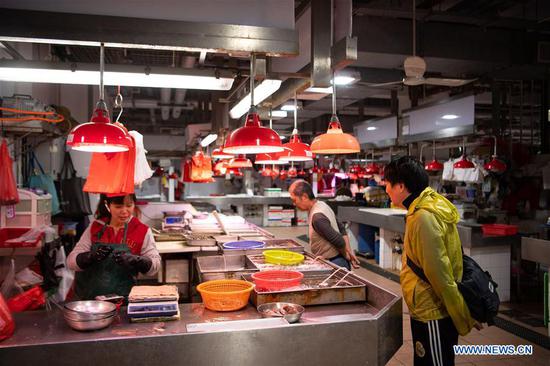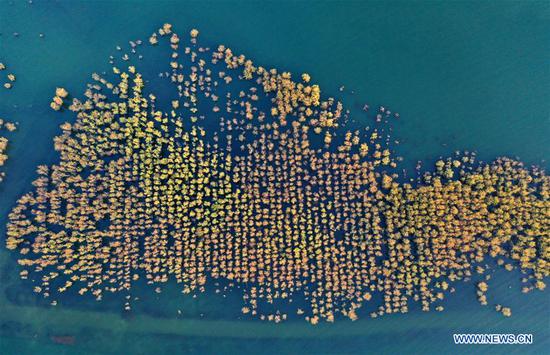The results of the United Kingdom's general election mean the Conservative Party will dominate the next Parliament after securing one of its biggest general election victories in recent years.
The Conservatives celebrated their largest majority since Margaret Thatcher's landslide in 1987, while Labour faced up to its worst election result since 1935.
The decisive majority was won with a big swing of votes from Labour to the Conservatives in areas of Britain that voted to leave the European Union in the 2016 referendum.
Conservative leader Boris Johnson's message to "get Brexit done", repeated over and over, resonated with a public that had become weary of the lack of resolution over Britain's scheduled departure from the EU. Johnson repeatedly stressed the prospect of an apparently pro-Remain-EU Labour government leading to another referendum on the issue.
The Conservative message was seen as more focused than Labour's, and eventually the party secured the breakthrough it needed to push through its Brexit plan.
The Labour strategy of trying to retain its support by remaining ambiguous about whether it was a pro-Remain or a pro-Leave party backfired.
Analysis by polling expert John Curtice, a professor of politics at Strathclyde University, found that Labour's vote fell on average by more than 10 points in the most pro-Leave areas, and its vote fell by more than six points in the most pro-Remain ones.
He said the party had lost ground heavily in its traditional working-class heartlands, and that the bond between Labour and its base is now badly strained.
In a dramatic outcome in Scotland, the Scottish National Party won 48 of Scotland's 59 seats in the UK Parliament, and it will now seek to hold a second independence referendum-a ballot to which the Conservatives are strongly opposed. A constitutional clash between the Scottish and UK governments appears inevitable.
Labour leader Jeremy Corbyn had become increasingly unpopular through the election campaign, but there was also little enthusiasm for Johnson, though his leadership ratings remained substantially higher than Corbyn's throughout.
Corbyn blamed the "polarizing" Brexit debate for Labour's dismal electoral showing, and he confirmed he would not lead the party into another general election campaign.
The deep divisions within Labour erupted with the result, as moderate figures within the party, such as former shadow cabinet members Ed Balls and Alan Johnson, blamed Corbyn's leadership and Brexit as the defining reasons for their catastrophic electoral defeat.
Labour activists on Corbyn's side argued that the party only performed badly in the election because of its backing of a second referendum, while shadow cabinet member John McDonnell said Brexit had proved to be the party's downfall.
Speaking on ITV News, former home secretary and Labour dignitary Alan Johnson attacked the party leader, saying: "Corbyn has been a disaster on the doorstep. Everyone knew that he couldn't lead the working class out of a paper bag."
He also accused Momentum, the grassroots organization that supports Corbyn's left-wing brand of politics, of peddling "student politics". He added: "I want them out of the party. I want Momentum gone. Go back to your student politics and your little left wing."
Although the Conservatives' success means that Britain is now likely to leave the EU at the end of January, it seems unlikely to end the debate about Britain's relationship with the EU. Less than half of all voters, 46 percent, backed the Conservatives or the Brexit Party-the two parties in favor of leaving the EU without another referendum.
Ultimately, the lack of a strong pro-Remain alliance between Labour and the Liberal Democrats proved costly for both. The latter gained in the overall vote share, up to 11.5 percent from the 7.4 percent seen in the last election, but claimed just 11 seats, one down from the 12 secured in 2017, after campaigning to revoke the Brexit process entirely without a second referendum. The leader of the Liberal Democrats, Jo Swinson, stepped down after losing her seat to the Scottish National Party by just 149 votes.
The Conservatives took 43.6 percent of the total vote share to claim victory, while Labour claimed 32.2 percent, the SNP 3.9 percent and the Greens 2.7 percent.

















































